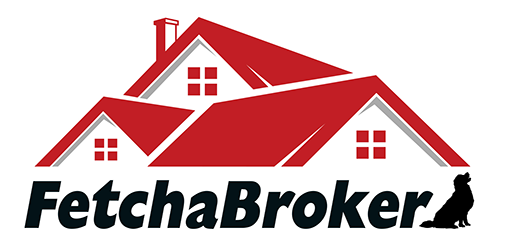Navigating the Price Tag: Understanding the Costs of Selling Your Home
Selling a home is a significant financial transaction, and understanding the associated costs is crucial for a smooth and transparent process. Whether you’re a first-time seller or have experience in the real estate market, being aware of these costs will help you plan effectively and avoid financial surprises. Let’s delve into the various expenses you might encounter when selling your home.
Agent Commission:
Real estate agents play a pivotal role in the home-selling process, and their services come with a commission fee. Typically, this fee is a percentage of the final sale price, shared between the seller’s agent and the buyer’s agent. It’s important to discuss and clarify the commission structure with your chosen real estate professional.
Home Repairs and Improvements:
To enhance your home’s market appeal, you may need to invest in repairs or improvements. This could include minor fixes, fresh paint, landscaping, or more extensive renovations depending on your property’s condition. The goal is to present a well-maintained and attractive home to potential buyers.
Staging Costs:
Staging is a powerful tool to make your home visually appealing to potential buyers. While some sellers choose to stage their homes themselves, others hire professional stagers. Costs can include rental furniture, decor items, and the stager’s fee. A well-staged home often leads to quicker and potentially more lucrative sales.
Home Inspection and Appraisal:
Before listing your home, you might opt for a pre-listing inspection to identify and address any potential issues. Additionally, a professional appraisal may be required to determine your home’s market value. While these costs are optional, they can provide valuable insights and instill confidence in potential buyers.
Closing Costs:
Sellers are responsible for certain closing costs, including the cost of title insurance, attorney fees, and various administrative expenses. These costs can vary depending on your location and specific arrangements made during negotiations.
Utilities and Maintenance:
Until the sale is finalized, you’ll likely need to keep your home in good condition for showings and inspections. This means keeping utilities connected, maintaining the property, and potentially hiring professional cleaners. These ongoing expenses should be factored into your budget.
Mortgage Payoff and Prepayment Penalties:
If you have an outstanding mortgage on your property, you’ll need to settle it upon the sale. Be sure to check for any prepayment penalties or fees associated with paying off your mortgage early.
Capital Gains Tax:
Depending on your country’s tax laws, you may be subject to capital gains tax on the profit from the sale of your home. However, many jurisdictions offer exemptions or reduced rates for primary residences. It’s advisable to consult with a tax professional to understand your specific tax obligations.
Moving Costs:
Don’t forget the practicalities of physically moving out of your home. Whether you’re hiring professional movers or doing it yourself, moving expenses, including packing materials and transportation, can add up.
Understanding these costs and factoring them into your selling strategy will help you navigate the home-selling process with clarity and financial preparedness. While selling a home involves various expenses, a well-executed sale can also yield a satisfying return on your investment.

